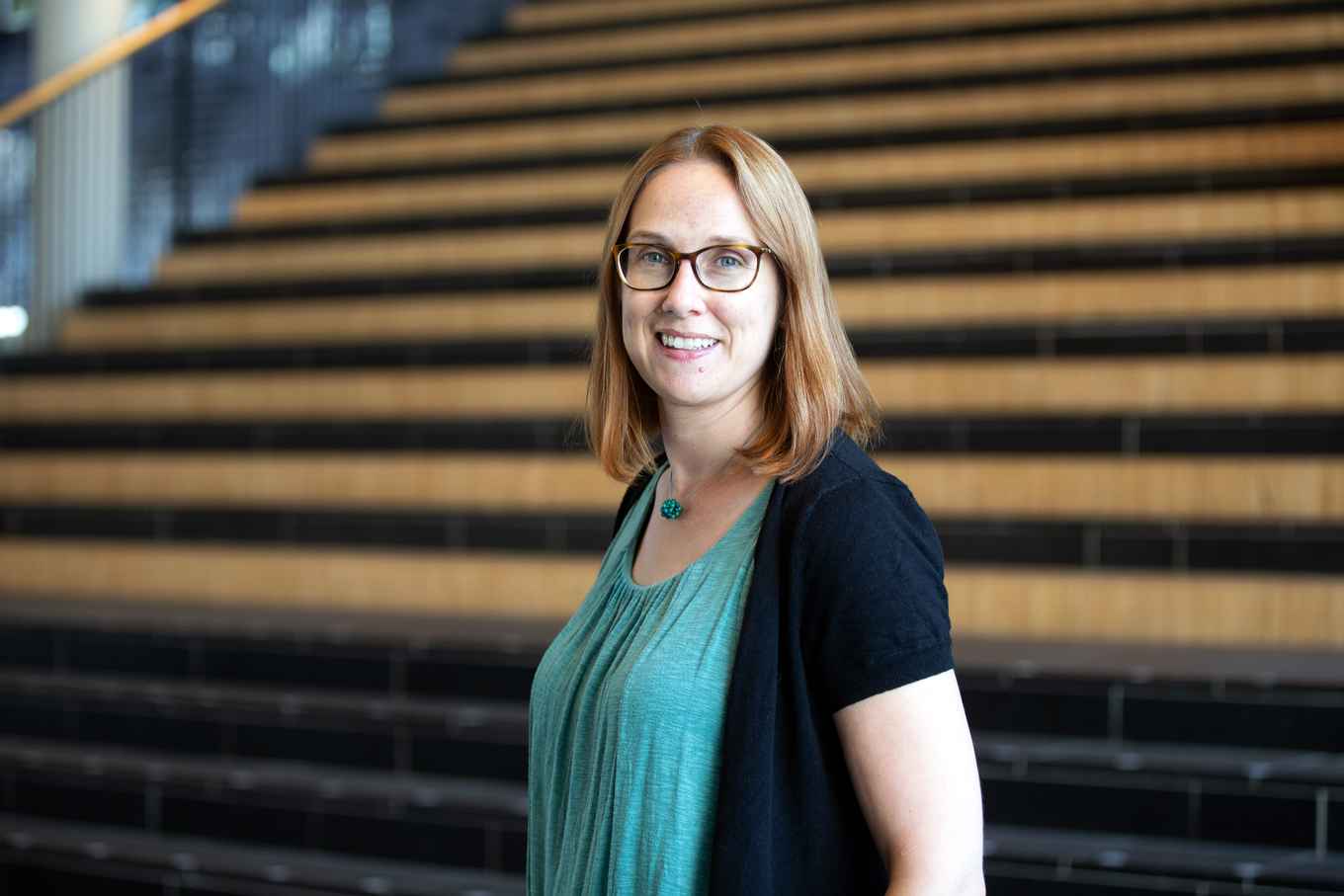Anna Watts, professor of High-Energy Astrophysics
30 July 2019

Anna Watts studies neutron stars, in particular the processes that control their rotation, and the violent dynamical events such thermonuclear explosions, magnetic flares and starquakes that they undergo on a regular basis. Her goal is to understand the physics that drives these processes, and to use them to study the nature of the densest matter and strongest magnetic fields in our Universe. Her research programme sits at the boundary of theoretical physics and astrophysics. Space telescopes (particularly in the X-ray band) are a vital part of her research, and she is involved in several current and future missions.
As professor, Watts will focus on nuclear astrophysics in relativistic compact objects, an area that will be increasingly important in the coming decade, as new multi-messenger facilities allow us to place precision constraints on both thermonuclear burning processes and the equation of state of hot and cold dense matter.
About Anna Watts
Anna Watts has been an Associate Professor at the University of Amsterdam since 2010. From September 1 she will be Programme Director for the Joint Bachelors Degree in Physics and Astronomy of the UvA and the VU. After completing her PhD in the General Relativity group at the University of Southampton in 2004, Watts held postdoctoral fellowships at NASA’s Goddard Space Flight Center (USA) and the Max Planck Institute for Astrophysics (Germany) before moving to Amsterdam. Watts is an NWO Vidi and ERC Starting Grant Laureate.
Watts is Secretary of the Steering Committee for International Astronomical Union Division D (High Energy Phenomena and Fundamental Physics) and a member of the International Advisory Committee (Fachbeirat) for the Max Planck Institute for Radio Astronomy. She co-Chairs the Dense Matter Science Working Group for the proposed Enhanced X-ray Timing and Polarimetry (eXTP) telescope, is part of the team working on NASA's Neutron Star Interior Composition Explorer (NICER), and is also a member of the Steering Committee for the NASA probe mission concept STROBE-X.